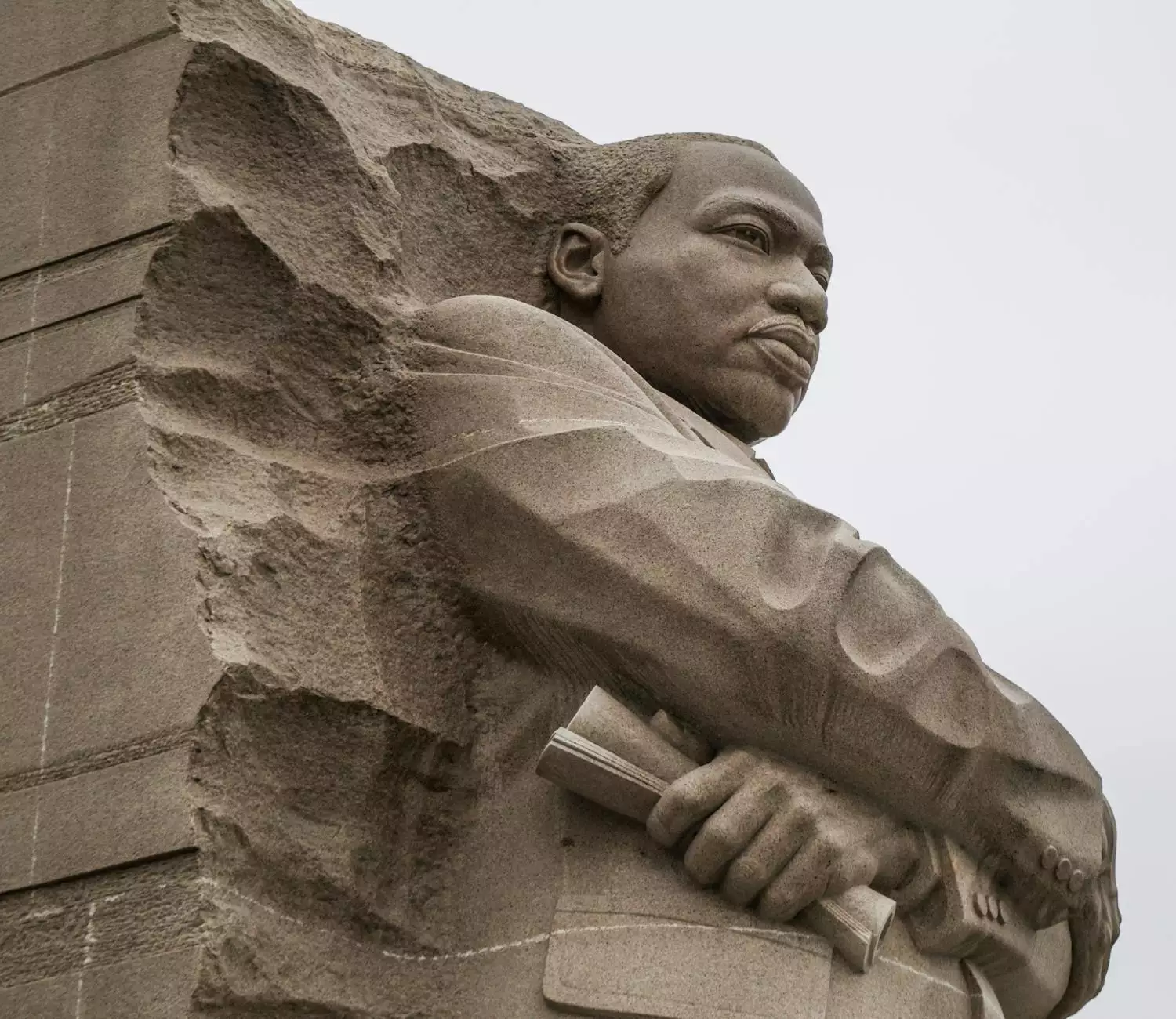What were the causes of the Civil War in US

The Knowledge Nest - Community and Society
Welcome to The Knowledge Nest, your go-to resource for comprehensive information and insightful analysis in various fields. In this particular article, we will delve into the causes of the Civil War in the United States. Our aim is to provide you with a detailed understanding of the social, economic, and political factors that led to this significant event in American history.
1. Slavery and States' Rights
One of the primary causes of the Civil War was the contentious issue of slavery and its relationship to states' rights. The debate over whether slavery should be allowed in newly acquired territories sparked tensions between the Northern states, which advocated for the abolition of slavery, and the Southern states, which heavily relied on slave labor for their agrarian-based economy.
The Southern states viewed slavery as a crucial aspect of their economy and way of life, while the Northern states believed in the abolitionist movement, emphasizing the importance of individual liberties and human rights. As the nation expanded westward, conflicts arose over whether newly formed states would allow slavery, ultimately heightening the divide between the North and the South.
2. Economic Differences
Economic differences between the North and the South also played a significant role in triggering the Civil War. The North had embraced industrialization, leading to the rise of factories and a focus on manufacturing. In contrast, the South continued to rely heavily on agriculture, particularly the cotton industry, which relied heavily on slave labor.
These economic disparities created tension between the regions, as they held contrasting views on trade policies, tariffs, and economic development strategies. The North sought protective tariffs to support its burgeoning industries, while the South opposed these policies, fearing they would adversely affect their agricultural exports. These clashing economic interests exacerbated the broader divide between the North and the South, contributing to the outbreak of the Civil War.
3. Political Divisions
Political divisions further deepened the causes of the Civil War. In the years leading up to the conflict, there were sharp disagreements between the Northern and Southern states regarding issues such as the expansion of slavery, the fugitive slave laws, and the balance of power between the states and the federal government.
The rise of the Republican Party, which had a strong anti-slavery stance, alarmed the Southern states. The election of President Abraham Lincoln, who represented the Republican Party, was seen as a direct threat to the institution of slavery, which led to the secession of several Southern states and the formation of the Confederacy.
4. Cultural and Social Differences
The cultural and social differences between the North and the South also contributed to the causes of the Civil War. The North embraced a more urban and cosmopolitan lifestyle, while the South held on to its agrarian traditions and plantation culture.
These cultural differences manifested in varying views on issues such as education, religion, and societal norms. The clash of these differing values deepened the divide between the two regions, fueling the already existing tensions surrounding slavery and states' rights.
Conclusion
In conclusion, the causes of the Civil War in the United States were multi-faceted and complex. The issues of slavery, states' rights, economic disparities, political divisions, and cultural differences all played significant roles in igniting the conflict.
By understanding these causes and their historical context, we can gain a deeper appreciation for the events that shaped the United States and learn valuable lessons that continue to resonate today. The Knowledge Nest is dedicated to providing you with accurate and insightful information on various topics. Stay tuned for more valuable content!









